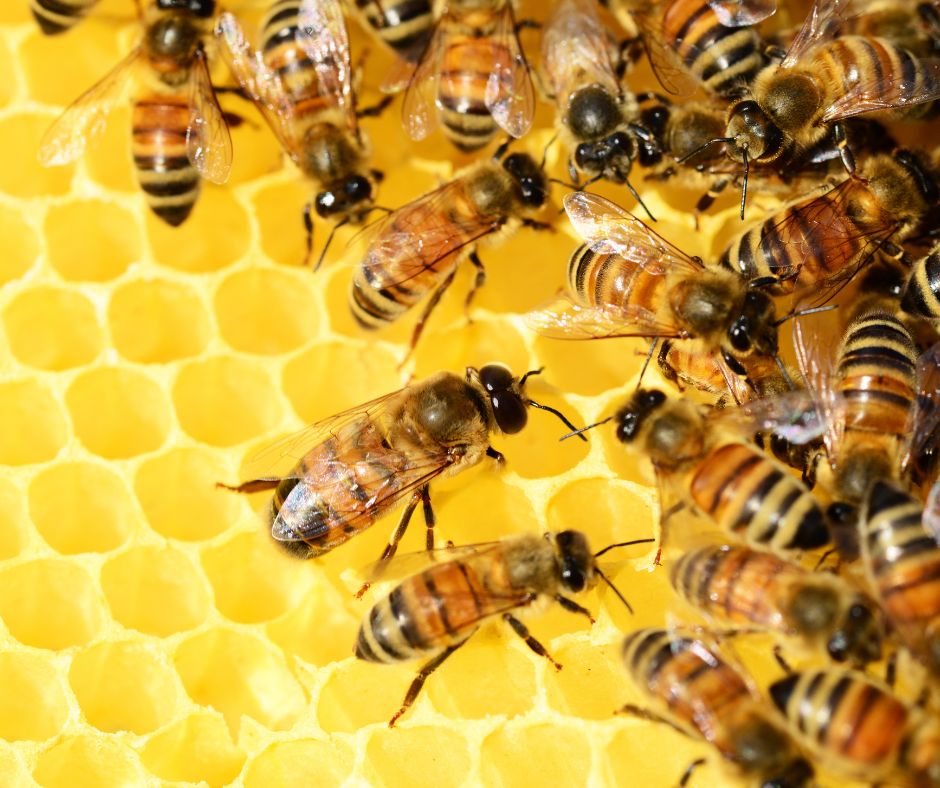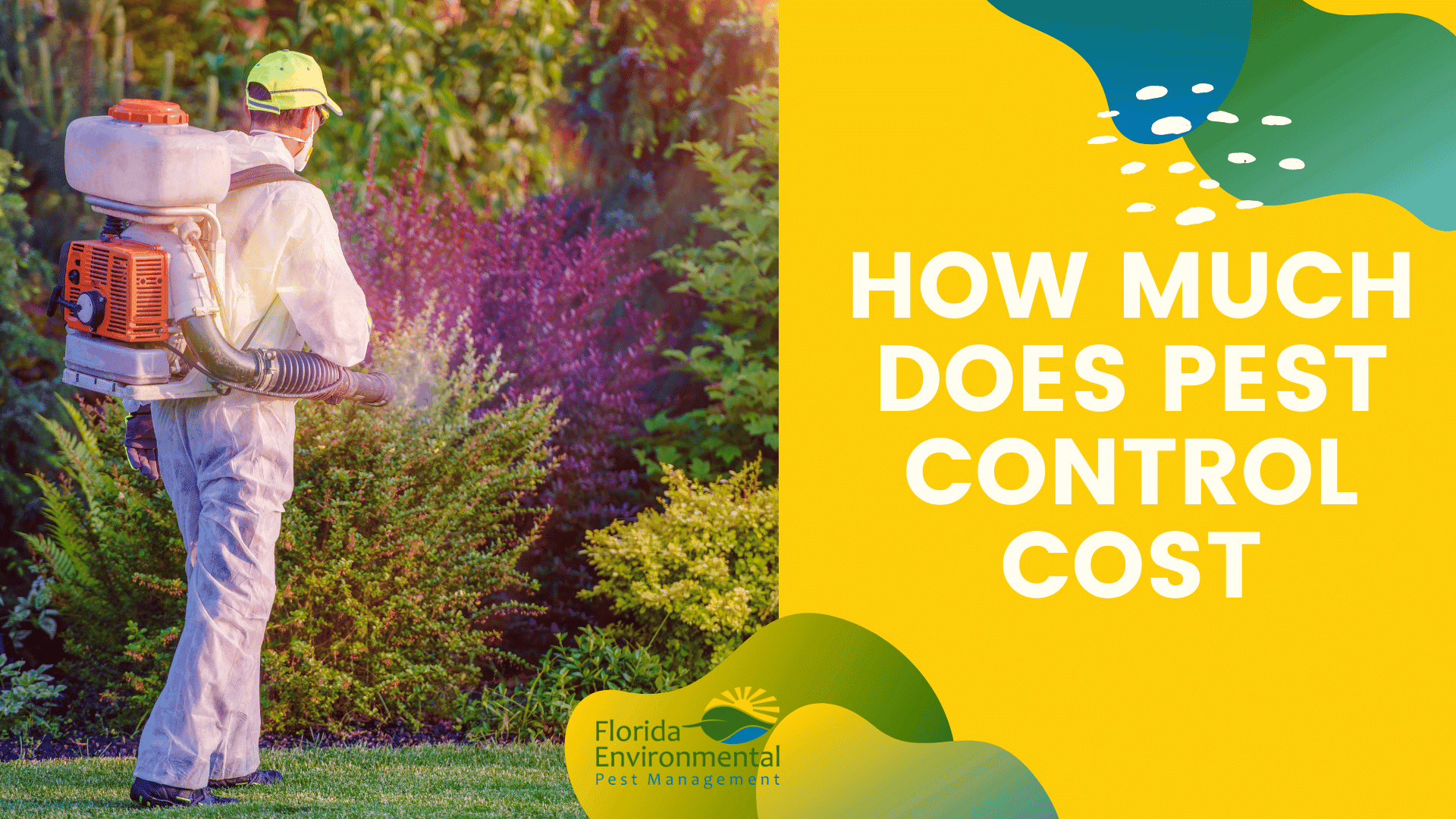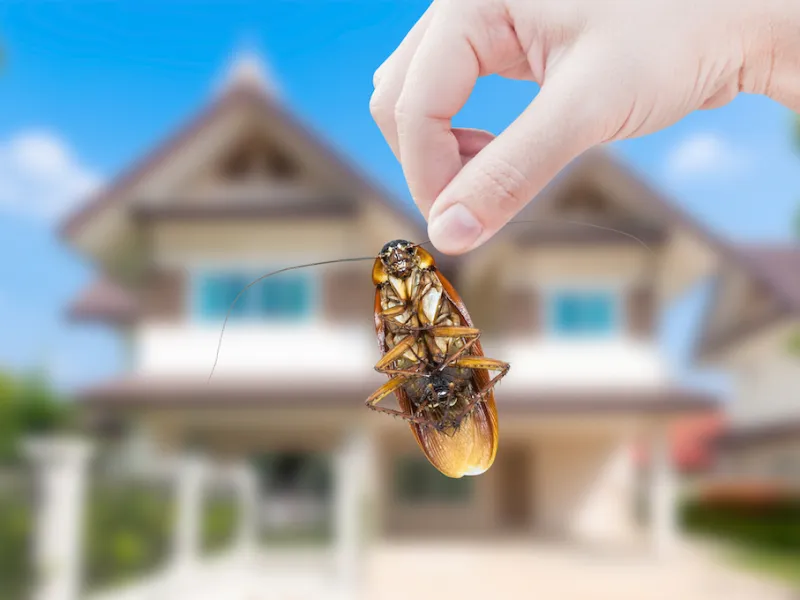Learn About the current Developments in Pest Control and How to Apply Reliable Therapy Solutions
Recently, the area of parasite control has actually witnessed significant developments, driven by the need for efficient and lasting therapy services. Innovative techniques such as Integrated Insect Administration (IPM) integrate green methods with advanced innovation, improving both efficacy and ecological obligation. The assimilation of smart modern technologies and DIY methods has empowered individuals to deal with insect issues much more successfully. As we discover these growths, it ends up being vital to comprehend just how best to apply these strategies in various setups to attain ideal results. The ramifications for bug administration methods can be transformative.
Eco-Friendly Insect Control Options
In current years, the need for eco-friendly parasite control choices has surged as house owners and organizations alike seek sustainable alternatives to traditional chemical therapies. This shift is driven by growing environmental understanding and a need to reduce the health risks connected with artificial pesticides.

Environment-friendly pest control approaches include a series of techniques that focus on making use of natural substances and practices. Integrated Parasite Management (IPM) is one such strategy, combining organic, cultural, and mechanical tactics to handle parasite populations while reducing reliance on chemicals (Wildlife removal services). This alternative technique stresses avoidance via habitat manipulation and the intro of all-natural killers, therefore fostering a balanced ecosystem
One more preferred alternative is the usage of herb chemicals derived from plants, which have a tendency to be much less harmful to non-target microorganisms. Products like neem oil and diatomaceous earth have gotten traction for their performance in controlling pests while presenting minimal risks to human health and wellness and the atmosphere.
In addition, exclusion techniques, such as securing entry points and keeping cleanliness, play an essential role in eco-friendly parasite monitoring. By taking on these sustainable practices, people and services can successfully handle insects while promoting a healthier earth for future generations.
Smart Modern Technology in Parasite Administration
Innovation is reshaping the landscape of parasite management, with clever modern technology becoming a critical force in enhancing effectiveness and performance - Wildlife removal services. The assimilation of Internet of Things (IoT) tools, expert system (AI), and information analytics is reinventing just how pest control experts come close to invasions
Smart traps geared up with sensing units can spot pest activity in real-time, sending out prompt informs to drivers. This enables timely feedbacks, reducing damages and reducing the requirement for substantial therapies. Furthermore, AI formulas analyze historical information to forecast bug habits, enabling positive treatments based on ecological problems and infestation patterns.
Drones and computerized lorries are also playing a substantial role in pest management, supplying aerial analyses of huge locations, recognizing hotspots, and even distributing targeted therapies. These innovations not just improve operations yet also improve safety by limiting human exposure to potentially harmful chemicals.
Additionally, mobile applications equip customers to check bug task and accessibility expert suggestions, promoting a collaborative technique to pest management. Generally, the adoption of clever innovation is establishing a new requirement in parasite control, highlighting data-driven choices and lasting practices that ultimately profit both property owners and specialists alike.
Integrated Insect Monitoring Techniques
Integrated Pest Administration (IPM) employs a holistic technique to pest control, combining numerous approaches to successfully take care of parasite populaces while decreasing risks to human wellness and the environment. IPM focuses on recognizing the pest life process, their all-natural opponents, and the ecosystem in which they thrive.
One of the essential components of IPM is checking pest populations through normal assessments and data collection. This enables the recognition of insect limits, establishing when treatment is needed. Social methods, such as crop rotation, rodent problem cleanliness, and habitat manipulation, are crucial in decreasing bug frequency and promoting plant health.
Mechanical controls, including barriers and catches, local bug control are likewise crucial in IPM. These approaches can literally remove or discourage pests without making use of chemicals. When essential, the sensible application of chemical controls is used, concentrating on targeted treatments that decrease ecological effect.
Education and collaboration amongst stakeholders, including farmers, pest control experts, and the area, are important for the successful application of IPM methods. By prioritizing sustainable techniques, IPM not just addresses pest issues but also promotes a much healthier ecological community.
Biological Control Techniques
Numerous organic control approaches are increasingly recognized for their performance in handling insect populations while promoting environmental equilibrium. These methods harness all-natural killers, parasites, and virus to lower pest numbers without depending on synthetic chemicals. The intro of ladybugs can properly regulate aphid populaces, while nematodes target soil-dwelling insect larvae.
Furthermore, making use of microbial pesticides, such as Bacillus thuringiensis (Bt), provides an eco-friendly option for taking care of caterpillar bugs. These products especially target pest varieties, lessening injury to advantageous pests and pollinators. Conservation organic control stresses improving environments for natural enemies, such as birds and helpful insects, thus urging their presence in farming systems.
Study proceeds to expose cutting-edge approaches within this field, such as the usage of scents to disrupt pest breeding patterns or the growth of biocontrol representatives through genetic modification. Applying these techniques can lead to lasting parasite administration techniques that reduce the reliance on chemical treatments, inevitably fostering much healthier communities. As recognition of these methods expands, they are coming to be important elements of integrated insect management (IPM) techniques, using a balance between effective insect control and ecological stewardship.
DIY Pest Control Solutions
As property owners look for reliable methods to tackle insect concerns, DIY pest control solutions have gotten popularity for their availability and cost-effectiveness. These approaches encourage individuals to resolve problems utilizing easily available materials and methods, often without the requirement for specialist intervention.

Furthermore, maintaining proper hygiene and routine inspections can protect against parasite entry and nesting (Wildlife removal services). Simple practices, such as securing splits, removing food resources, and decluttering, can dramatically diminish pest populaces. Catches, both homemade and readily readily available, can also provide effective solutions for tracking and managing specific insects like rodents or pests

Verdict
The integration of eco-friendly pest control choices, smart technology, and cutting-edge administration strategies offers a thorough method to effective insect administration. By embracing Integrated Insect Management (IPM) Learn More and utilizing organic control techniques, along with DIY options, sustainable and accountable bug control can be achieved.
Environment-friendly insect control methods incorporate an array of approaches that focus on the use of natural substances and techniques. Integrated Insect Monitoring (IPM) is one such strategy, incorporating biological, cultural, and mechanical techniques to manage insect populations while lowering reliance on chemicals. As understanding of these techniques expands, they are coming to be important parts of incorporated bug administration (IPM) approaches, using a balance in between effective parasite control and environmental stewardship.
The integration of environment-friendly parasite control alternatives, smart innovation, and innovative management methods provides a comprehensive approach to effective bug management. By accepting Integrated Insect Management (IPM) and using organic control methods, together with DIY solutions, responsible and lasting pest control can be attained.